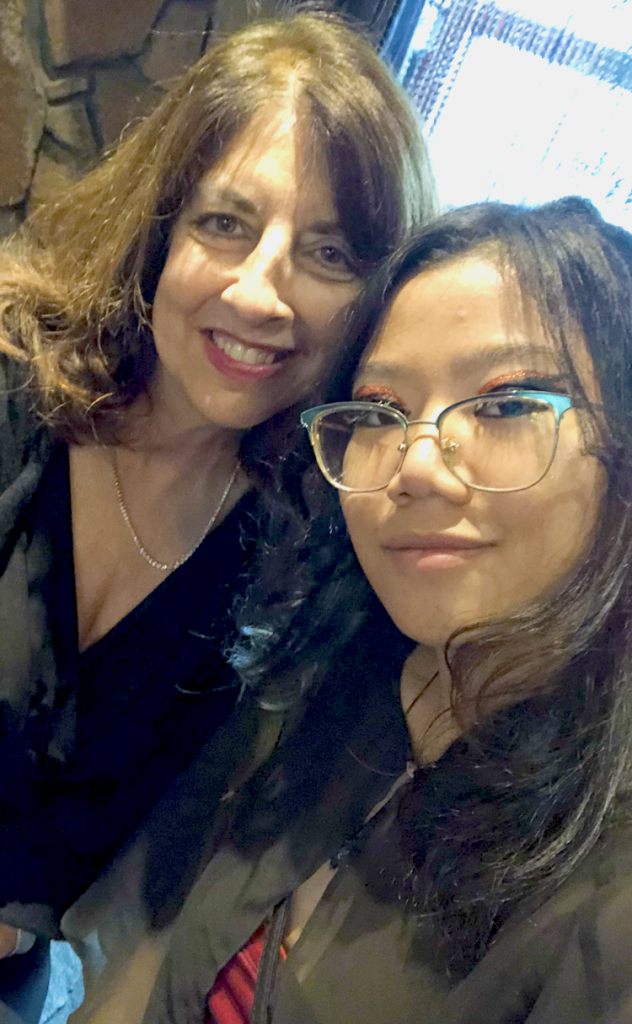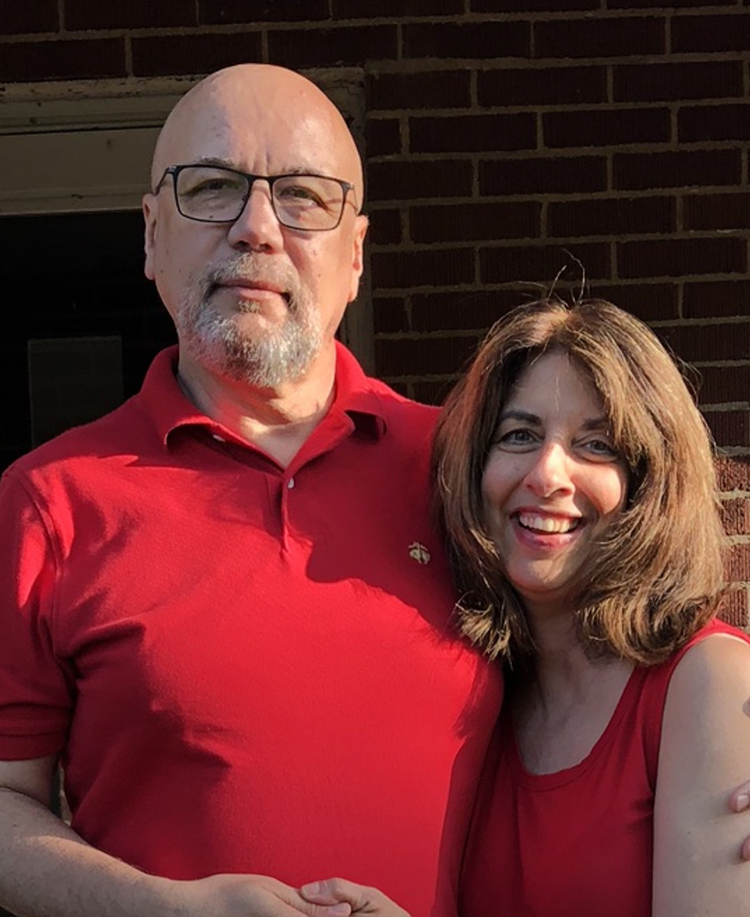Dr. Chiocca has devoted 41 years to being a nursing crusader.
Oct. 18, 2023

Ellen Chiocca PhD, APRN, CPNP-PC, always wanted to be a nurse. Growing up, she recalls turning her head until her neck hurt to stare at a nursing school attached to the local hospital her family drove past often. It was the perfect marriage between her favorite subject, science and her love of helping people. Chiocca graduated with her PhD from the Sinclair School of Nursing in December of 2018. She joined the faculty as an assistant teaching professor in January of 2021.
Chiocca’s 41 years as a nurse, and 24 years as a pediatric nurse practitioner were spent in Chicago, Illinois, in an area that serves immigrants, refugees and many homeless children and families. As you listen to the situations she has been in, there is never any fear in her voice, only forward determination to solve whatever need walked through the door. This path led her into many shelters, public health clinics, physical abuse clinics and intensive care units, and some of the most difficult situations; those involving the abuse of children. Because of her exposure, her focus quickly narrowed as she set her sights on generational abuse prevention.
During Chiocca’s career, she was responsible for creating and implementing no-hit policies in clinics she worked in around Chicago. She also worked with administrators to create play areas where adults brought their children for an hour of respite time and the clinic would watch the child while the adult would attend a parenting group to discuss alternatives to physical discipline.
“A lot of these families didn’t have the bandwidth to stay at a job or go to community college, they were using all their energy to survive from their own childhood trauma. I understood why they didn’t think hitting their kids was a big deal, because that was their life, that’s what they knew. It was intergenerational transition of trauma,” Chiocca explains.

Her goal is for the United States to ban the use of corporal punishment. Most corporal punishment is done when parents lose emotional control in a moment. They hit children for reasons that can either be preventable or for behaviors that are normal for a child. “What does the kid learn from that? It’s assault and then it repeats itself,” she says.
What she discovered is that many low-income families are not brought up to understand the true needs of children. One example Chiocca recalls was a mother who said, “I have to spank my child to discipline her because she throws toys and the minute I pick it up and hand it back to her, she does it again. She does it on purpose just to push my buttons.”
However, Chiocca’s take on it is much different. “It is a way for the child to learn cause and effect,” she clarifies, “It was a very smart child and her actions of throwing the toy were very normal, the parent just couldn’t see that.” Many parents see a child acting up as a sign of disrespect. But most of the time it is a sign that the child could be tired or hungry and those are normal reactions that are a parent’s responsibility to acknowledge. When a child says there is a monster in the closet with big eyes and teeth, the child isn’t lying, it is their childhood imagination and a normal part of development. The challenge parents face is learning to see a child’s perspective, and that is what Chiocca tries to teach parents of young children.
There are 65 countries that have banned corporal punishment in all settings. The first one was Sweden in 1979. There are three developed countries that have not banned school corporal punishment, the United States, Singapore and Australia. Chiocca hopes to change that. She is a board member of the Arkansans Against School Paddling, the U. S. Alliance to End the Hitting of Children, and the National No-Hit Zone committee, where they advocate to get as many people on board as they can to create a no-hit zones within the United States.
Chiocca is a true crusader. Her dedication and expertise earned her a speaking engagement invitation this October at the International Society for the Prevention of Child Abuse & Neglect (ISPCAN) conference in Edinburgh, Scotland. Aside from being an international voice for children, she loves traveling, knitting, reading books on social justice and spending time with her family.